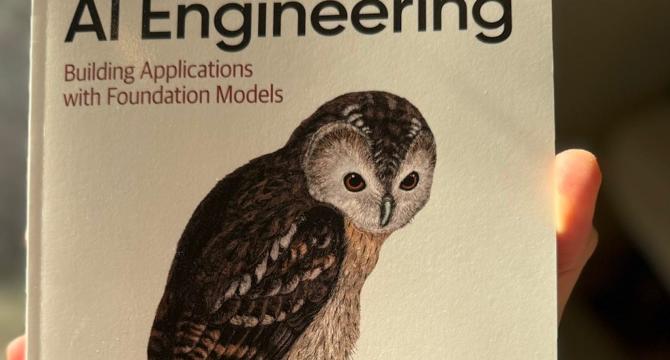The Pragmatic Engineer
1M
114

Image Credit: The Pragmatic Engineer
The AI Engineering Stack
- AI Engineering is a rapidly growing field that has emerged in the last few years, with AI engineers in high demand at companies like Meta, Google, and Amazon.
- AI engineers often have a background in software engineering and have mastered working with large language models.
- The book 'AI Engineering' by Chip Huyen provides insights into the AI engineering stack and various aspects of AI and ML engineering.
- AI engineering involves three main layers: application development, model development, and infrastructure.
- Application development focuses on evaluation, prompt engineering, and AI interfaces in the context of AI engineering.
- AI engineering differs from traditional ML engineering in terms of model adaptation, model size and complexity, and evaluation challenges.
- Model development encompasses tasks like modeling and training, dataset engineering, and inference optimization in the AI stack.
- Inference optimization becomes crucial due to the compute-intensive nature of AI models, with a focus on making models faster and cheaper.
- AI engineering emphasizes applications and interfaces, bringing AI engineers closer to full-stack development and requiring new skills for building AI applications.
- The AI engineering landscape is evolving rapidly, with the community's collective energy and talent driving innovation in building applications on foundation models.
Read Full Article
6 Likes
For uninterrupted reading, download the app